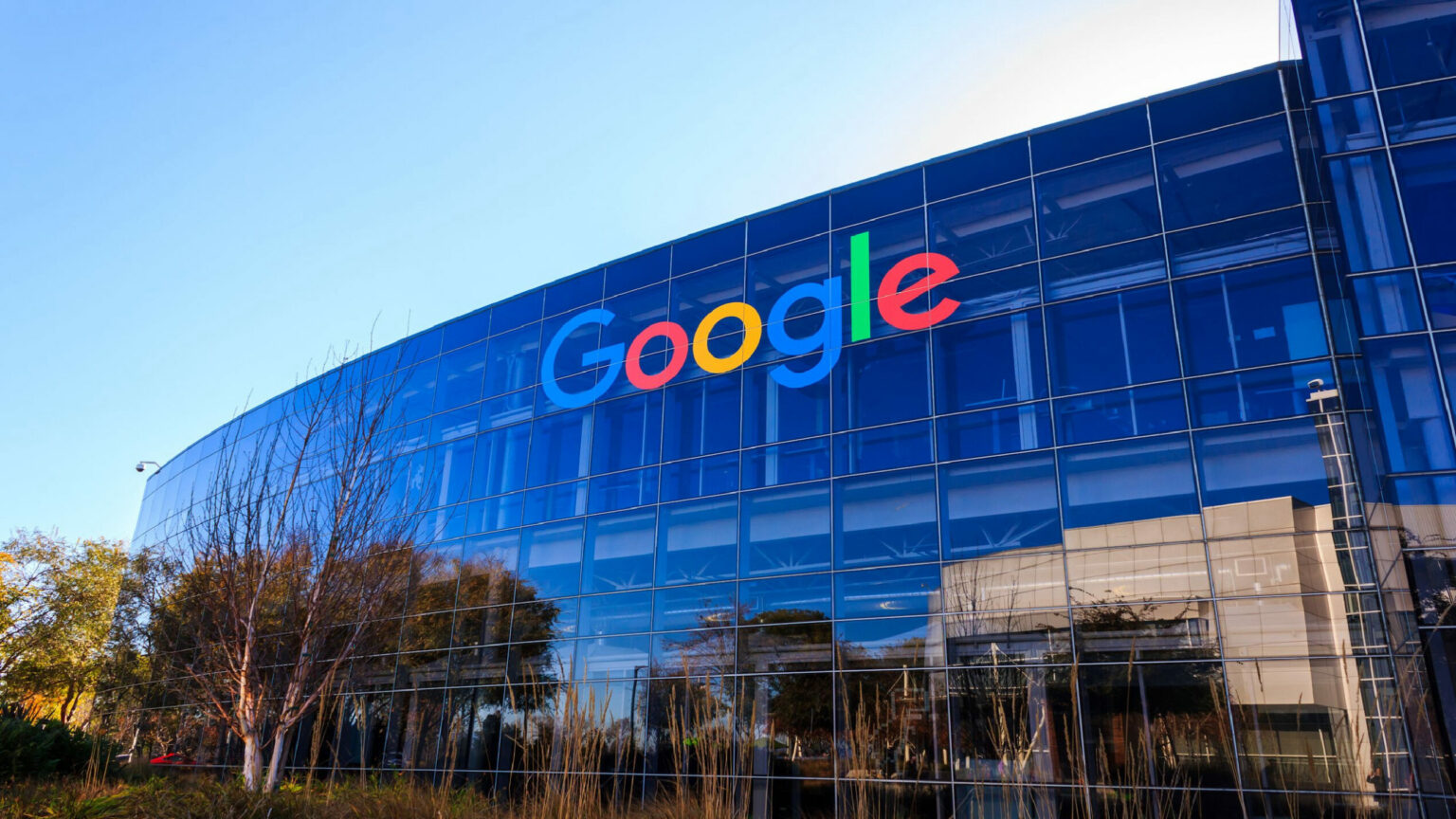Amid increased competition between technology industry leaders, search giant Google has expressed concerns about the drawbacks of artificially intelligent chatbots. According to a recent interview with Germany’s Welt am Sonntag newspaper, Prabhakar Raghavan, Senior Vice President at Google and Head of Google Search, is concerned about the potential risks associated with the use of AI chatbots, stating that it can sometimes lead to “hallucination.”
Raghavan pinpointed AI’s ability to provide a “convincing but completely made-up answer,” a trait he said should be kept to a minimum.
Also read: EU Lawmakers Aim to Approve AI Rules Draft Next Month
Arguably the most advanced AI chatbot currently in the wild, the Microsoft-backed ChatGPT, is leading the race after reaching 100 million users within just two months of its November launch.
Alphabet Shocked During Launch: What Happened?
Following the success of ChatGPT, Google’s parent company Alphabet debuted AI chatbot “Bard” last week. However, its stock value lost around $100 billion on February 8 after Bard gave an inaccurate answer during a promotional event.
After Google’s promotional video showcasing Bard’s functionality, it was discovered that the chatbot provided a wrong answer to a question regarding the James Webb Space Telescope (JWST). The response caused Alphabet’s shares to drop by 9%, and Google has since implemented a rigorous testing process to ensure the quality, safety, and accuracy of Bard’s responses.
“We obviously feel the urgency, but we also feel a great deal of responsibility; we don’t want to mislead the public,” Raghavan said.
Google CEO Sundar Pichai announced in a blog post that the company has opened its experimental conversational AI service to a group of trusted testers. Bard is powered by Google’s Language Model for Dialogue Applications (LaMDA) and has been in development for the past two years.
Pichai stated that Bard will be made more widely available to the public in the coming weeks.
“Two years ago we unveiled next-generation language and conversation capabilities powered by our Language Model for Dialogue Applications (or LaMDA for short). We’ve been working on an experimental conversational AI service, powered by LaMDA, that we’re calling Bard,” said Pichai.
EU lawmakers seeking regulation
European Union lawmakers are expected to approve the draft for Artificial Intelligence (AI) regulations in March 2023.
As previously reported, proposed regulations aim to promote innovation and establish a worldwide standard for AI, covering areas such as autonomous vehicles, chatbots, and automated factories.
The popularity of ChatGPT has brought attention to the issue and forced lawmakers to prioritize AI regulation.
EU industry leader Thierry Breton is seeking cooperation from OpenAI and high-risk AI system developers to ensure compliance with the proposed AI Act. Critics fear the regulations could lead to increased costs and compliance pressure, and in the process stifle innovation.









 and then
and then